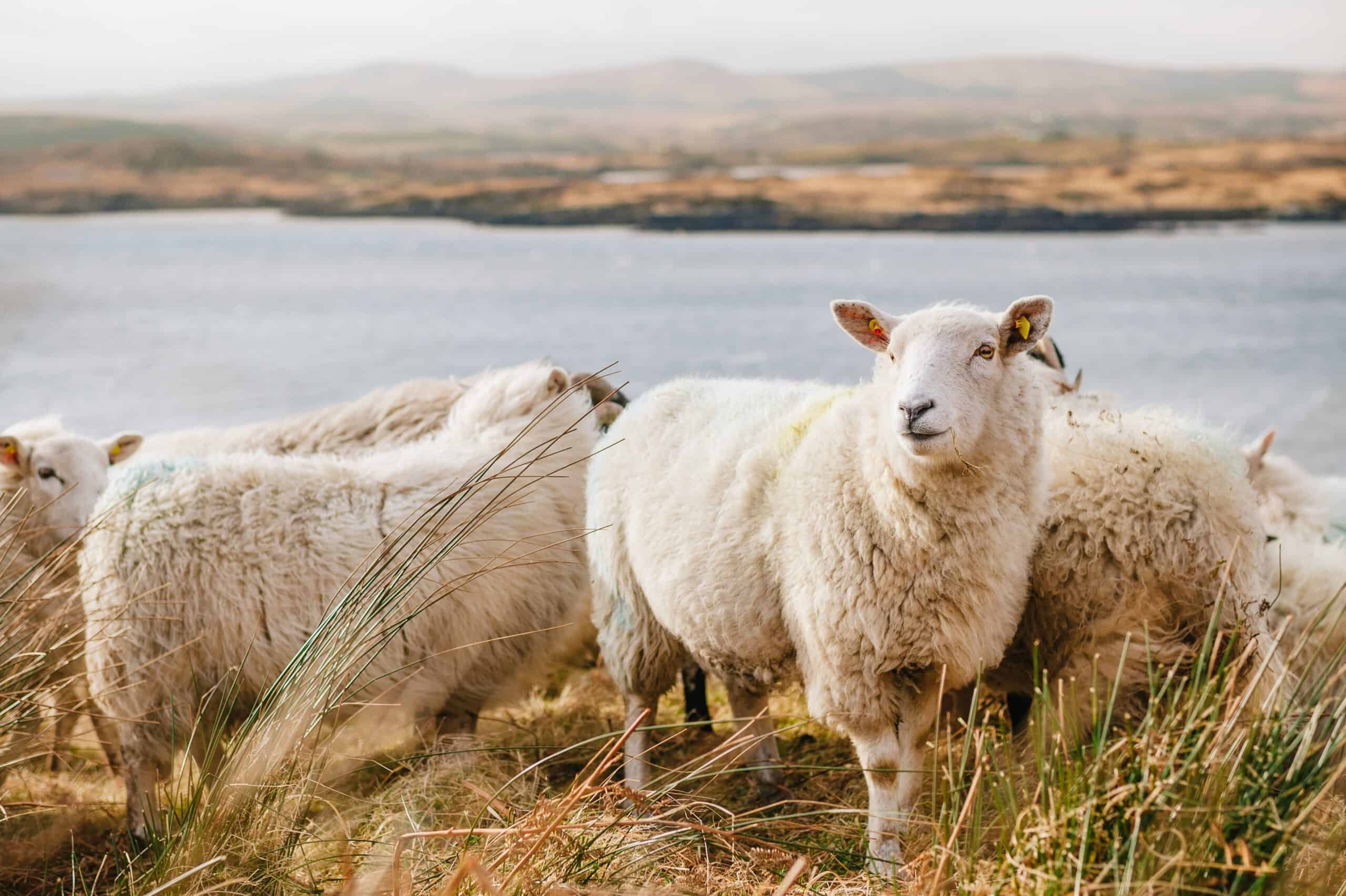A UK research consortium has been awarded funding from the government’s Transforming Food Production Challenge Fund through Innovate UK, the UK’s innovation agency to develop new tools to encourage the adoption of Precision Livestock Farming (PLF) technologies in UK sheep flocks.
The research consortium brings together leading academic institutes, industrial partners and sheep health experts. The project is led by the Moredun Research Institute and includes Scotland’s Rural College (SRUC), Synergy Farm Health, 5 Agri, Nighthawk Software, LSSC Ltd, Datamars Livestock and Elanco Animal Health
PLF uses ‘smart technology’ to improve on-farm decision-making and closely monitor the health and wellbeing of each individual animal. The Smart Sheep project will build and develop user-friendly tools to drive PLF uptake on sheep farms, bringing on board focus farmers to validate and implement the tools with the aim of embedding PLF methods in the UK sheep industry.
Although all UK sheep are electronically identified (EID) with a tag, uptake of PLF methods is very poor. Targeted Selective Treatment (TST) is an example of a successful PLF method that utilises the EID tag. With TST, underperforming lambs are identified using an algorithm so that they may be singled out for treatment, optimising the worming process. TST has major benefits in terms of saving time and money and combatting wormer resistance.
However, uptake of TST by the farming community is currently hampered by the lack of a user-friendly method for farmers to access the required algorithm. The Smart Sheep project will facilitate the integration of the algorithm into a cloud-based platform, while engaging directly with members of the farming community and farming advisors to co-design the tools that will allow for easy access.
Validation of the user-friendly platform will be performed on sheep farms across the UK, covering a wide range of geographical locations and sheep breeds. Cost/benefit analysis and scrutiny of the carbon footprint resulting from the implementation of the new approach will also be carried out.
The project results will be disseminated through on-farm knowledge exchange events at strategic locations across the UK to demonstrate the ease, accessibility, cost and environmental benefits of using the integrated pen-side TST approach.
Dr Fiona Kenyon, Principal Investigator at the Moredun Research Institute and Smart Sheep Project Leader commented:
“We are delighted to be successful with our funding application to take forward the project and deliver innovative solutions which will enable sheep farmers to increase their productivity and profitability.”
Dr Claire Morgan-Davies, Systems Researcher at SRUC’s Hill & Mountain Research Centre, said:
“Until fairly recently, technological innovation have been seen as only relevant to low ground arable and dairy farming systems. But the use of precision livestock farming, as we call it, is just as relevant in upland areas, if not more so. Such innovations can help increase the economic viability of hill farming and crofting by ensuring that individual animals are managed according to their individual health and welfare needs.”
Notes:
The Transforming Food Production Challenge is part of the government’s Industrial Strategy Challenge Fund. The Smart Sheep project budget is £248,000.
